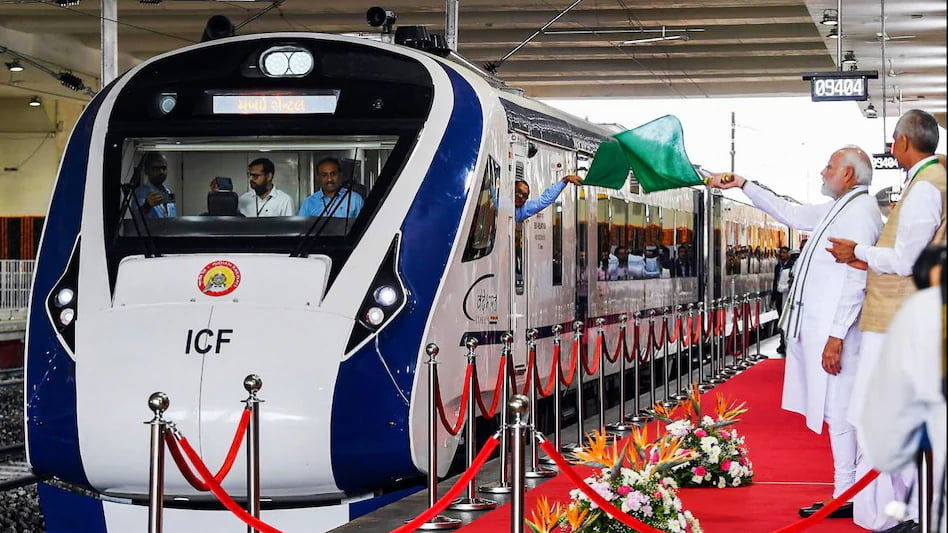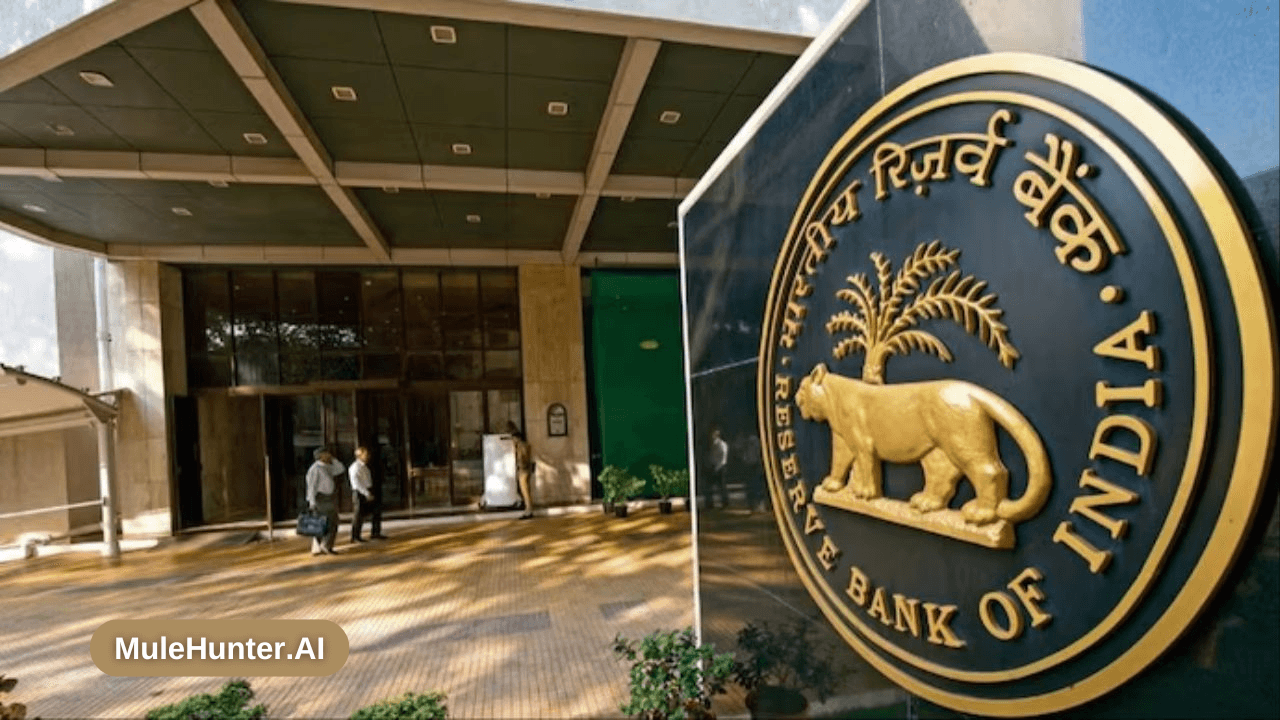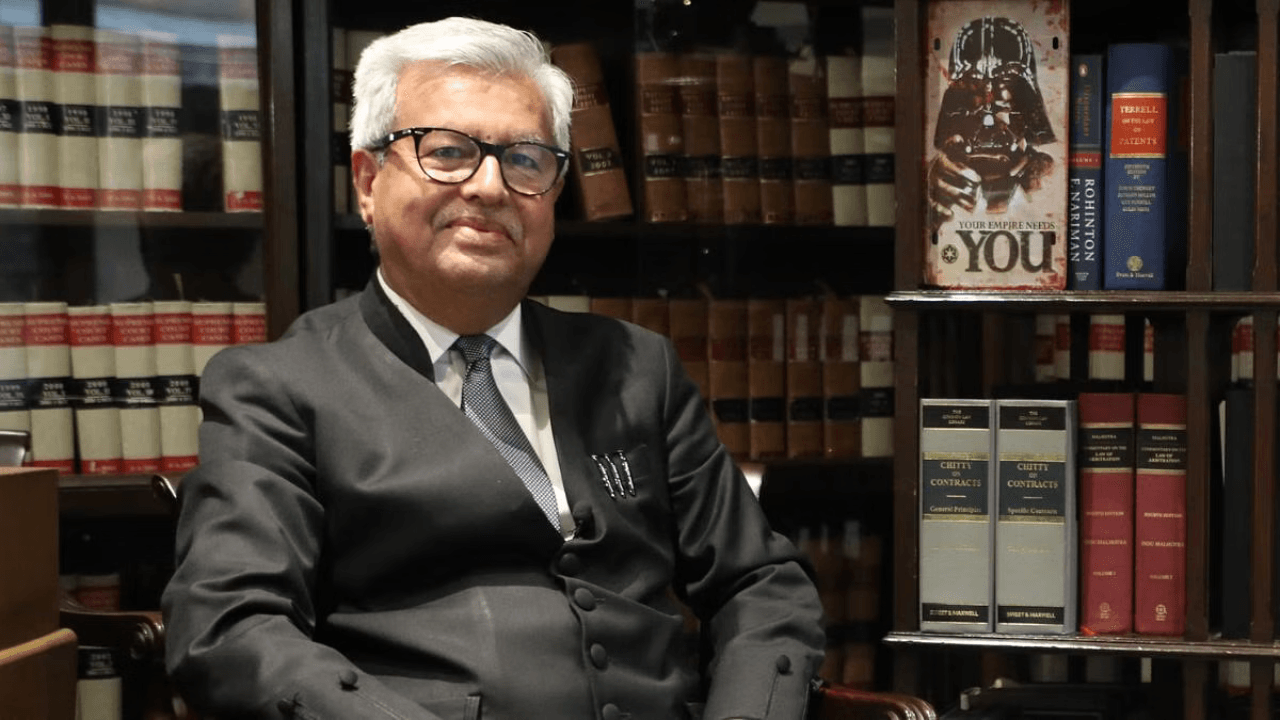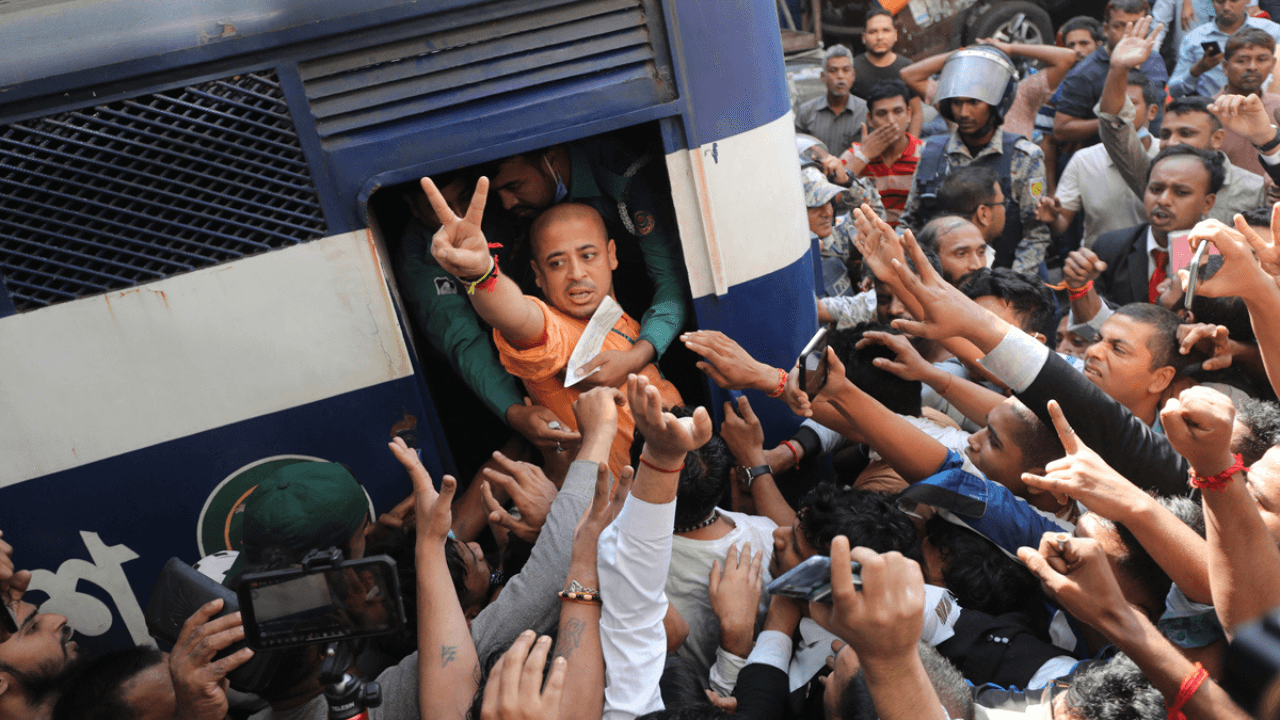The Vande Bharat Express, India’s pioneering semi-high speed train, epitomizes the stride in modern engineering and symbolizes national progress. Since its first journey from New Delhi to Varanasi on February 15, 2019, the train has not only expanded its service to cover 284 districts across 24 states and Union territories with 102 trains on 100 routes but has also catered to over 2 crore passengers, solidifying its essential role in shaping India’s transportation landscape.
Expansion and Impact
As the Vande Bharat Express continues to stretch across the Indian map, connecting diverse regions, it serves as a lifeline that fosters socio-economic growth and integration. The extensive reach and high passenger numbers are a clear indicator of its success and acceptance among the populace.
Transparency Concerns Unveiled
A recent RTI inquiry has unearthed a significant gap in the Railway Ministry’s record-keeping practices. Surprisingly, the ministry has not been maintaining separate revenue records for the Vande Bharat trains, despite detailed tracking of passenger metrics and distances that impressively equate to encircling the globe 310 times annually.
The Response from the Railway Ministry
Chandra Shekhar Gaur, the RTI applicant, brought this oversight into the limelight, prompting a discussion on the necessity of financial accountability in public services. The Railway Ministry’s lack of specific revenue data has raised eyebrows about the financial performance and return on investment of these trains, which represent substantial infrastructural expenditure.
Operational Efficiency versus Financial Clarity
While the Vande Bharat Express boasts an enviable occupancy rate of over 92%, reflecting high demand and operational success, the missing revenue details obscure the complete economic picture. This gap hinders a thorough understanding of its contributions and the sustainability of its operations.
Moving Forward: Calls for Increased Transparency
The revelation from the RTI has sparked a broader dialogue on the need for greater transparency in the public sector. As the train speeds forward, blending aspirations with innovation, the demand for clear, accessible financial records grows louder—ensuring that this emblem of progress remains a sustainable and accountable asset to the nation.
The journey of the Vande Bharat Express is far from complete. As it races towards the future, it carries the collective hopes of a progressing nation. With ongoing debates around transparency, the train’s narrative is still being written, promising a future where speed and accountability go hand in hand.












